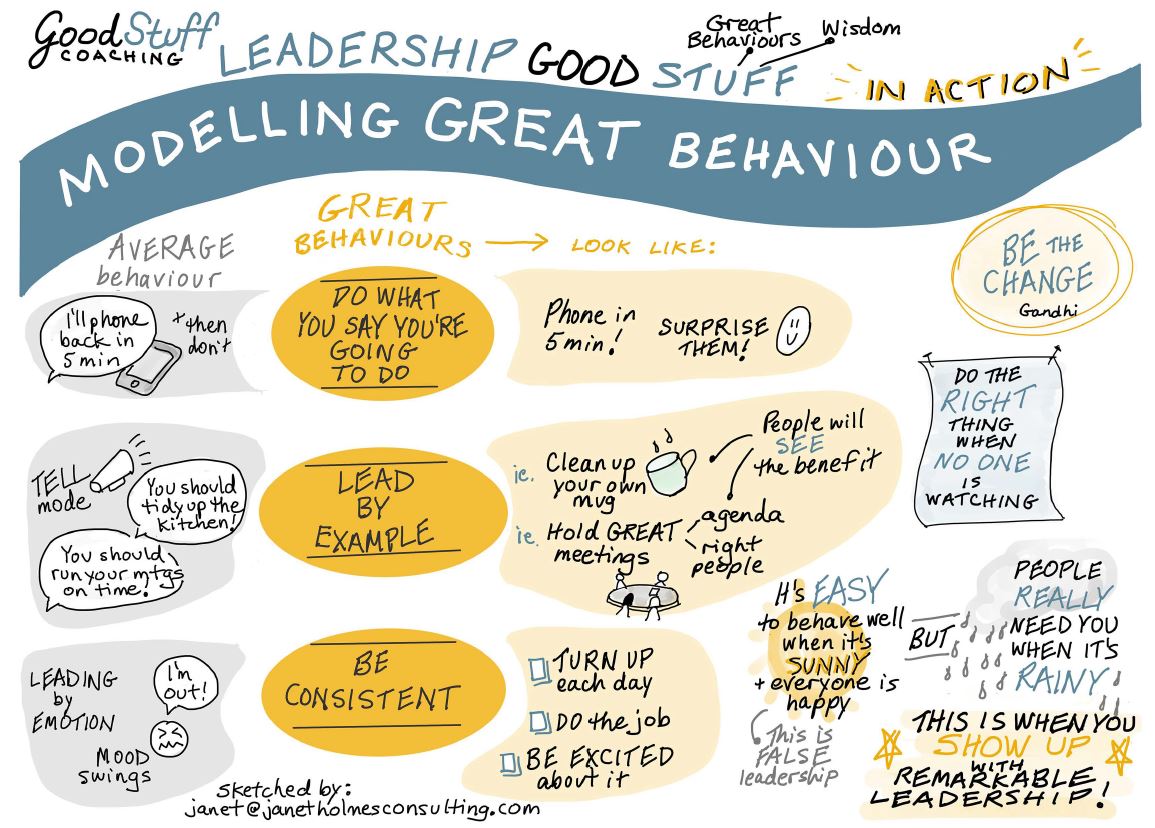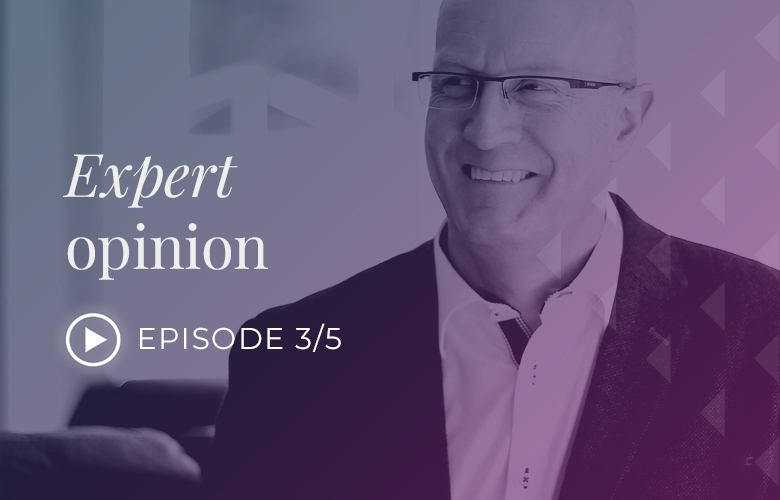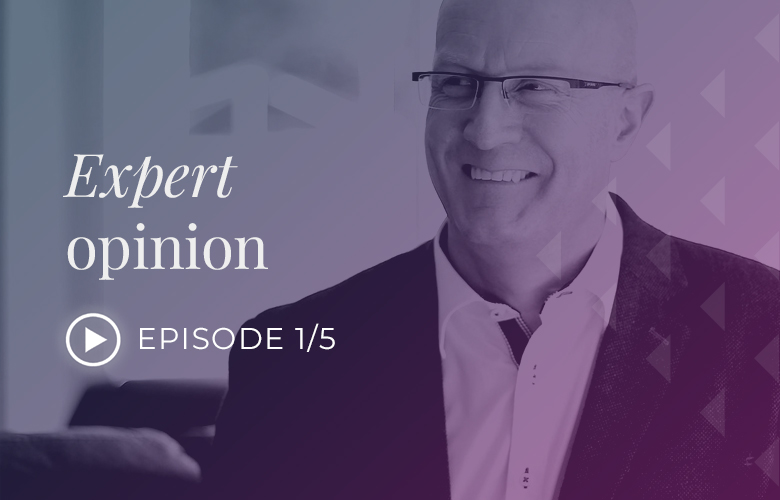News & Insights
Working In Your Genius Zone
4th May 2022
In this conversation with Jude Thorpe, executive coach Steve Nicol explains very clearly what the job of a coach actually is and how you'll know if you are ready to start working with one.
There's also the single most important thing you can do to become a better leader and guidance on how to discover and be proud of your strengths, enabling you to work in your personal genius zone.
All this in under 5 minutes!
Video Transcript
Jude: The people that you're working with, what is it that motivates them to come and seek a coach? What's the catalyst?
Steve: I think it's back to the want to. What do you want to get done in your life, and then how specific can we look at that so you can move into the next step creating that piece? I think if you can put a flag in the ground of what you're trying to get to, then it's easier to think through how to get there, what steps you need to take, and I think people can get very stuck in that.
A coach is a great way of moving people on.
Sometimes there's a little bit of a myth around what a coach can do, though. As an example, let's say you've made a poor hire decision in your business. You've got somebody that doesn't really fit with the culture. They're not enjoying themselves and it's obvious. A coach doesn't help that. That's just a hiring mistake.
I think where a coach can help is if somebody's performance isn't where it should be and they want it, they want it to be higher just exactly the same as any sportsperson or team or actor or whoever. If you look at high-performing people, there's usually a coach there helping them to perform at the level that they want to. But that's key.
Somebody needs to want to make some change, and a coach is one way of helping them do that.
Jude: That sounds fantastic. One question I've got for you is really it's an impossible question, but for the benefit of a punchy sound bite is what is the most common leadership trait that you could develop in others or that you could help them to develop?
Steve: I think that one is actually easy. I'm glad you brought that one into today's conversation. It's do what you say you're going to do. That's it. If you as a leader do what you say you're going to do every time you're a powerful leader, because in the world we're in just now that's so distracted, so few people do that. That service level builds trust really quickly with any people around you because we're all used to the "I'll phone you back in five minutes". That kind of means never. Or "Just give me a minute". Okay, your minute is up. “Oh, hey, I didn't mean a minute”.
I think there's something really nice if you come into, let's say, contact with and start working with someone who does what they say they will do, it brings your service level up as well and before you know it everyone's service level, the baseline is then do what you say you will do. And that creates a really cool culture.
If you've only a couple of minutes in let's say an airport lounge with a leader that said, "How can I be a great leader?" I would say:
Do what you say you will do every time and the rest of your world will start to get to a great level.
Jude: Brilliant. And last question is are there any resources or books that you put particular weight to or that you subscribe to or that you would recommend to others, perhaps if they're thinking about coaching as a first step they might do some reading around?
Steve: Yeah, there's so much information out there Jude. That's one of the problems we've got in life. It just is, so much information heading in our direction, this information highway that just consumes us, and every book you open or every clip you watch can go down the rabbit hole.
Step into your genius zone and your strengths.
There are a few standout ones for me. John Whitmore's Coaching for Performance, probably a foundational book for coaching. There's an awful lot in that and he's almost seen as the guy who invented coaching. I think when it comes to some of my beliefs and how to be a great person in the world we should all work in our genius zones and I think that Gallup Strengths Finder, it's called The Strengths Based Leadership is actually the book. I think it's another great resource and that two alone can really help people understand and be proud of who they are because some people are trying to be who others want them to be but if you are proud of who you are and you step into that, step into your genius zone and your strengths, you're a powerful person in the world and that's not a word I particularly like but you just are, it's a whole different thing.
Jude: I'm going to go back and look at mine now.
Steve: That is cool.





